Program Directors and Steering Committee
Program Directors
The Co-Directors of the program have a wealth of experience in research and mentoring, as well as a track record of working together cooperatively and effectively and complementary scientific expertise (Dr. Garrity in genetics, physiology, and animal behavior, and Dr. Goode in biochemistry and cell biology). Together, they formulated and are implementing the new training program.

Dr. Garrity is a Professor in the Biology Department and a member of the Volen Center for Complex Systems. His lab studies the cellular and molecular mechanisms of sensation, focusing on thermosensation in Drosophila and vector mosquitoes. His research extends from molecular genetics and ion channel biophysics, to molecular phylogeny, cell architecture, and animal behavior. Dr. Garrity was previously the Assistant Director of an NIGMS training grant (T32GM007122), and has served for three years as Chair of Admissions for the MCB PhD program. In addition, he has served on the Neuroscience PhD program admissions committee.
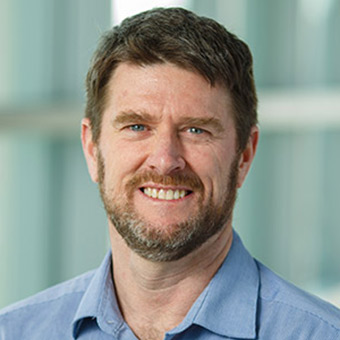
Dr. Goode is a Professor in the Biology Department and a member of the Rosenstiel Basic Medical Sciences Research Center. He is also co-director of the Brandeis Quantitative Biology Program, and a senior investigator in the 'Biologically Inspired' Materials Research Science and Engineering Center (MRSEC). His lab studies the biochemical and cellular basis of actin regulation and microtubule-actin crosstalk. His research extends from biochemistry, structure, and in vitro single molecule analysis, to live-cell imaging and quantitative modeling. Dr. Goode has been Chair of the MCB masters program, Chair of the MCB PhD program, and Chair of Admissions for the MCB PhD program. He is also a faculty member in the undergraduate 'QBReC' (Quantitative Biology research community) program.
Steering Committee
The Steering Committee is comprised of five faculty with considerable mentoring experience and diverse scientific expertise, and provides guidance and feedback on all aspects of the CMCB program.
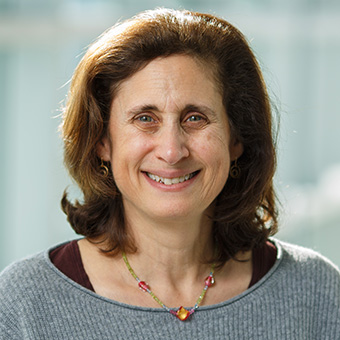
Dr. Birren also serves as the Research Integrity and Ethics Advisor for the CMCB program. Her research focuses on the developmental cell biology of cardiac innervation. Dr. Birren brings extensive administrative experience to the group, having served as the Dean of Arts and Sciences at Brandeis University (2011-2018). Further, she has served as a mentor in the Society for Neuroscience (SfN) Mentoring Program, and on the SfN Professional Development Committee.
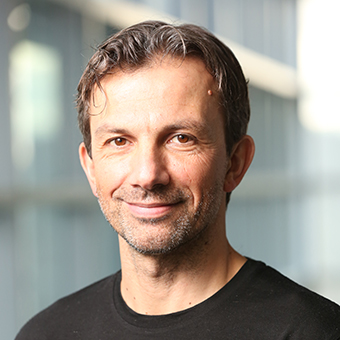
Dr. Kondev is a theoretical physicist by training whose work focuses on building quantitative models to understand molecular and cellular processes. Dr. Kondev has extensive experience in graduate training, having served as the co-Program Director of the “Quantitative Biology” program (initiated by HHMI funding and supported for 10 years by T32EB009419). Dr. Kondev regularly teaches a summer course entitled “Physical Biology of the Cell” at the Marine Biological Laboratory together with Rob Phillips and Hernan Garcia, and is an author of the widely adopted textbook of the same name (Phillips, Kondev, Theriot and Garcia).
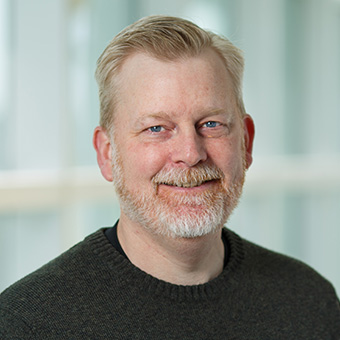
Dr. Marr's lab studies how gene expression changes at the transcriptional and translational levels in response to external signals. Dr. Marr has considerable expertise in protein biochemistry, and teaches a summer course on “Expression, Purification and Analysis of Proteins and Protein Complexes” at the Cold Spring Harbor Laboratory. Dr. Marr is extensively involved in graduate training, and is current Chair of the Molecular and Cell Biology PhD program.
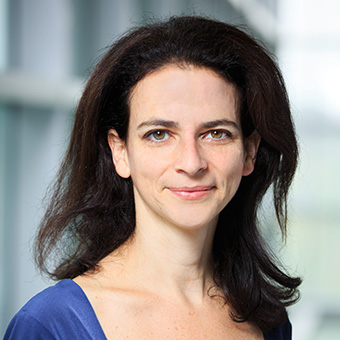
Dr. Rodal is a cell biologist whose lab focuses on intracellular membrane traffic in neurons. Dr. Rodal has a very strong commitment to graduate student mentoring and career development, and received the 2018 Landis Award for Outstanding Mentorship from NINDS.
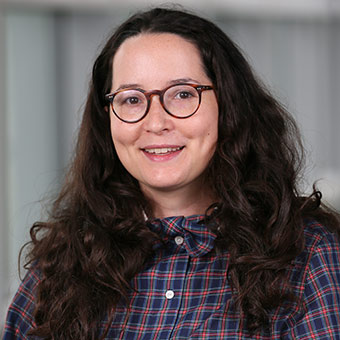
Dr. Yevick’s lab employs techniques at interface of physics, developmental biology, and machine learning to unravel how cells in a developing tissue interact mechanically to generate proper tissue form and function. Dr. Yevick has close scientific ties with researchers across multiple disciplines and a strong commitment to graduate mentoring and advising.